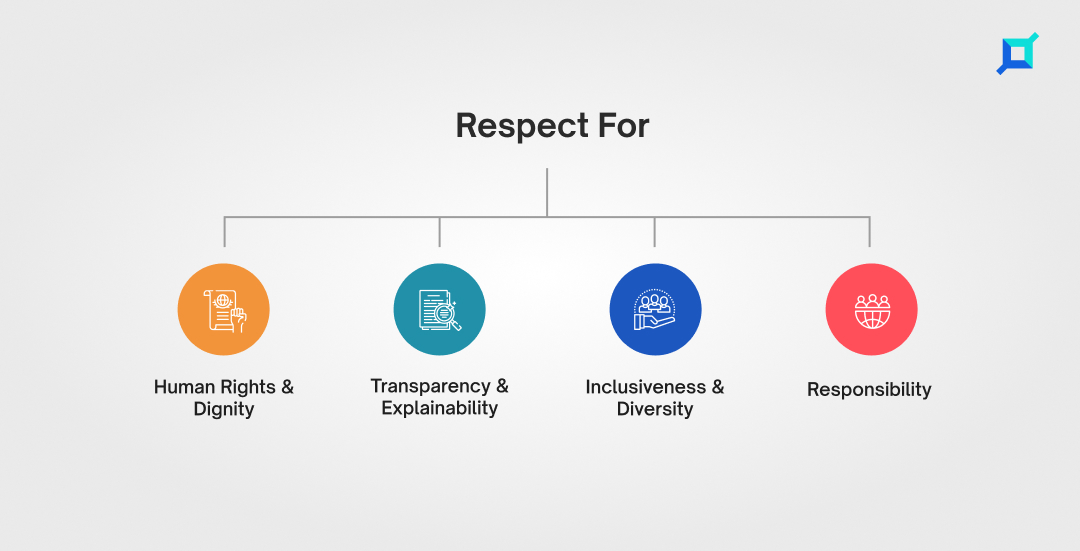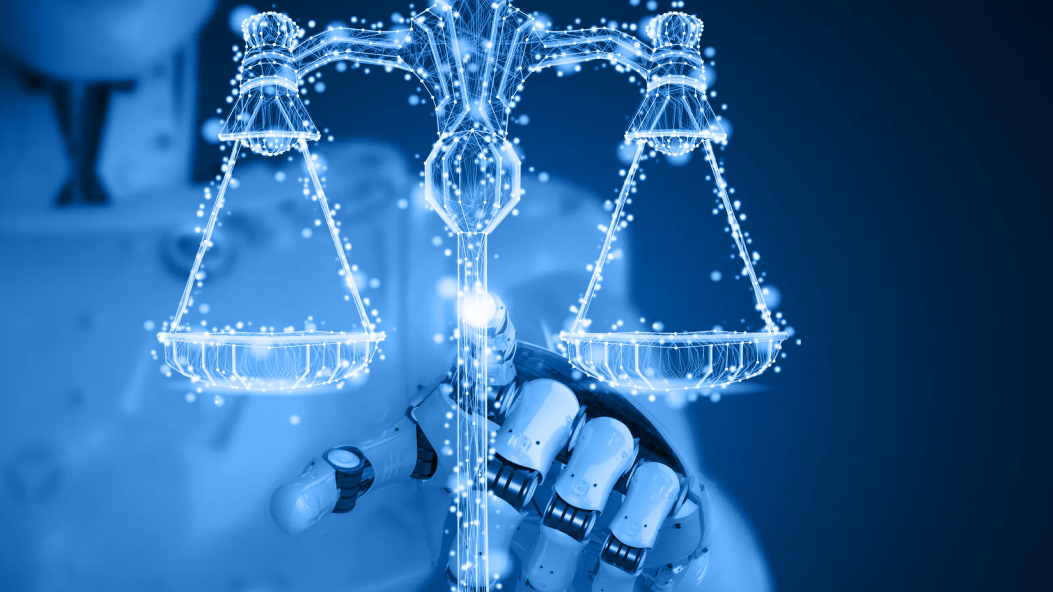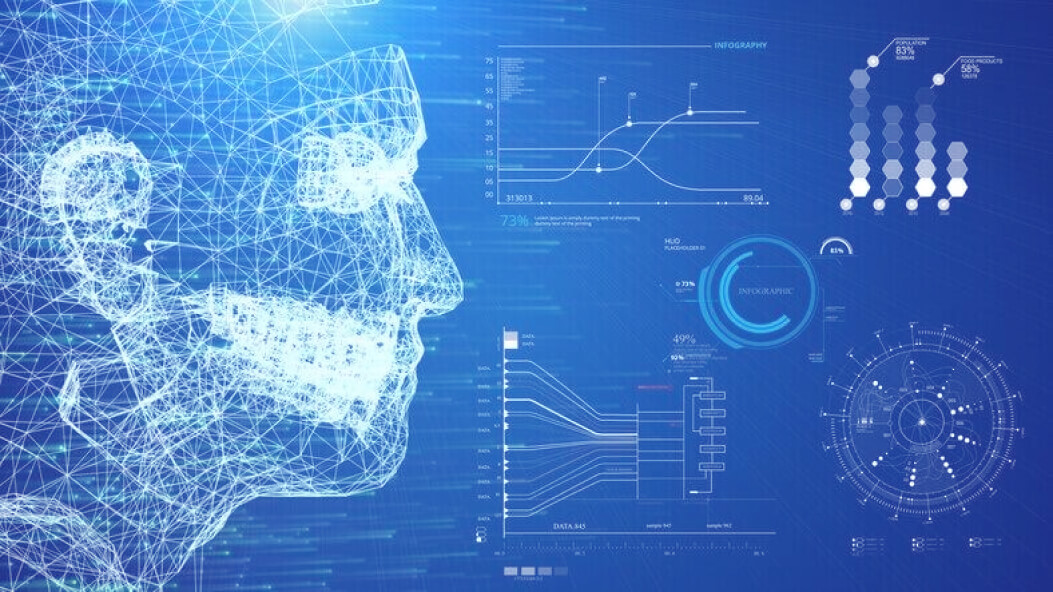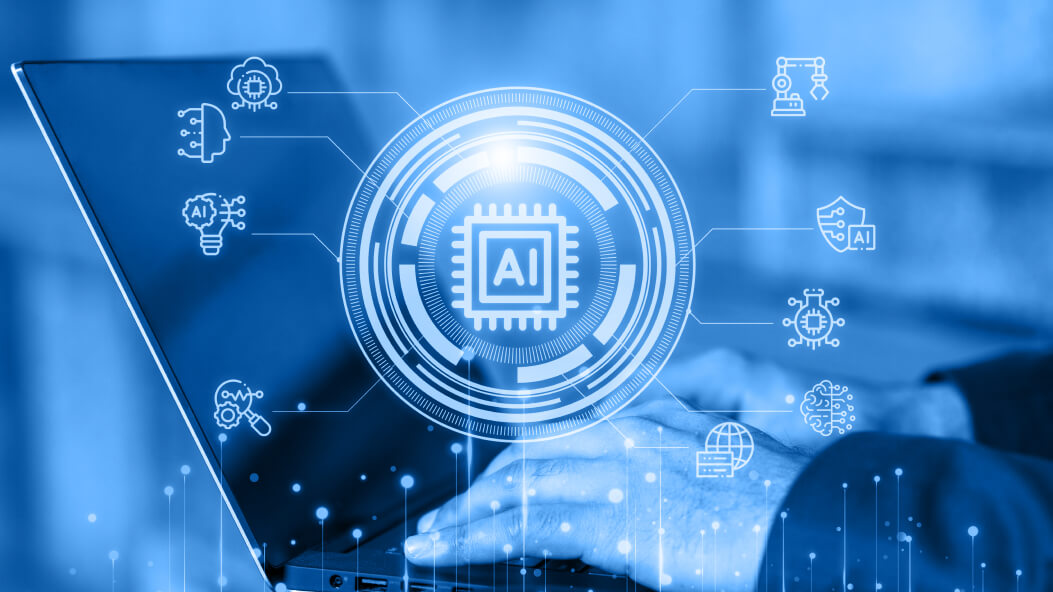It has long been recognized that continuous learning and improvements are essential for success in a constantly changing world. However, the pace of change and learning is now so rapid that people will soon start emphasizing the need to train AI models to remain in the competition.
“If we want to stay ahead, our AI system must be the best” will become the new motto of success. It’s also possible that the science fiction scenarios of machines competing could soon become a reality. However, to prevent AI from having any kind of adverse impact, it is imperative the space remains regulated.
Jump to section
UNESCO’s Approach To AI Regulations
Taking the lead on AI’s impacts, the United Nations Educational, Scientific, and Cultural Organization (UNESCO) has led in promoting responsible AI development and deployment. In 2019, UNESCO released a report titled “Steering AI and Advanced ICTs for Knowledge Societies: A Rights, Openness, Access, and Multi-stakeholder Perspective,” which outlines their vision for AI regulation.
The report emphasized the need for a multi-stakeholder approach involving input from governments, civil society, academia, and the private sector. It also called for developing ethical and legal frameworks to guide the development and deployment of AI. Moreover, the report identified several key principles that must be incorporated into frameworks as follows –
Transparency
AI systems should be designed to be explainable and understandable to all stakeholders, including end-users. It means developers should be transparent about how Artificial Intelligence (AI) systems work, what data they use, and how they make decisions.
Accountability
Developers of AI systems should be held accountable for the outcomes of their systems. It includes addressing any unintended consequences or negative impacts of AI and ensuring that AI systems are used in a way that respects human rights and dignity.
Inclusivity
AI systems should be designed and developed to promote inclusivity and diversity. This includes ensuring that AI systems are not biased against any particular group of people.
Furthermore, in March 2021, UNESCO Member States adopted the first-ever worldwide agreement on the ethics of artificial intelligence (AI). The agreement is called the Recommendation on the Ethics of AI. It is designed to guide the development and use of AI in an ethical, transparent, and accountable way based on four principles:

It also includes guidelines for AI development, deployment, and governance, such as ensuring human oversight, protecting privacy and personal data, and addressing bias and discrimination. The Recommendation is not legally binding but intended to serve as a framework for ethical AI development and use.
USA’s Approach To AI Regulations
The regulations on AI in the USA are in their very nascent stage. The United States has taken a decentralized approach to regulating AI, with different states and agencies developing their regulations.
For example, California has passed the California Consumer Privacy Act, which gives consumers the right to know what personal data is being gathered about them and to request that it be deleted. The act is inclusive of AI systems that collect personal information. However, there have been recent efforts to develop more comprehensive national-level federal AI regulations.
In 2019, the National Institute of Standards and Technology (NIST) released a set of guidelines for trustworthy AI. The guidelines emphasize the importance of transparency, explainability, and accountability in developing and deploying AI systems.
In 2020, the White House released a set of principles for AI regulation, which include promoting public trust in AI, ensuring the safety and security of AI systems, and encouraging innovation and competition in the AI industry. The US Congress passed two bills on AI, namely the National Artificial Intelligence Initiative Act of 2020 (NAIIA) and The AI in Government Act of 2020.
The National Artificial Intelligence Initiative Act of 202 and the AI in Government Act of 2020 aim to establish a national strategy for developing and using artificial intelligence (AI) in the United States.
The bill establishes the National Artificial Intelligence Initiative, which would coordinate AI research and development across federal agencies, academia, and the private sector.
The NAIIA emphasizes the importance of fairness and transparency in AI systems and establishes an AI Center of Excellence to promote the development and use of safe and effective AI in the federal government.
Additionally, the act requires federal agencies to report to Congress on their use of AI and ensure that their use of AI is fair, transparent, and accountable.
These regulations and laws aim to ensure that AI is created and employed in an ethical and responsible manner that benefits society.
Blueprint For An AI Bill Of Rights
Though the laws are under process to protect public rights through AI and promote responsible usage of AI, the US government has issued voluntary guidance through its Blueprint for an AI Bill of Rights.
The Blueprint for an Artificial Intelligence (AI) Bill of Rights is a set of 5 principles that aims to protect public rights and promote responsible AI development. These principles include:
The Right To Transparency: AI systems should be designed and operated transparently so that people can understand how they work and make decisions.
Right To Privacy: AI systems should respect people’s privacy and protect their personal data.
Right To Fairness: AI systems should be designed and operated fairly and unbiasedly so that everyone has an equal chance of benefiting from them.
The Right To Accountability: AI systems should be accountable for their actions, and their designers and operators should be held responsible for any harm they cause.
The Right To Education: People should have access to education and training to better understand AI and its potential impact on society.
Conclusion
AI Regulations are at a budding stage in the US. Moreover, there are several proposed bills in the US Congress aimed at regulating AI to address issues like bias in AI & the use of AI in government decision-making. We hope to soon witness many stringent regulations coming into force to promote the development and use of AI ethically and responsibly.
As AI technology continues to advance, these regulations must be continuously reviewed and updated to ensure that they remain relevant and effective. A leading role in acting first and constantly reviewing the AI regulations is taken by the countries of the European Union, which we will discuss in the next post. So, stay tuned!
Moreover, if you need any additional information on AI approaches, innovative AI solutions, etc, feel free to get in touch with us…





